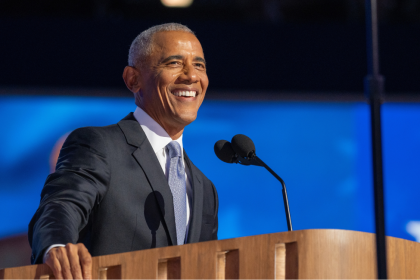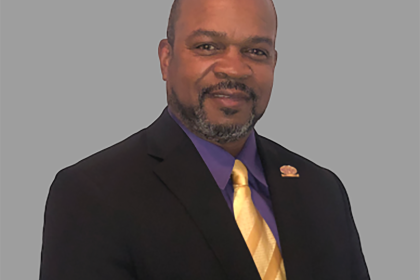
Study abroad to expand your impact on world issues
On Tuesday, June 9, SIT Study Abroad and Spelman College hosted a unique summit focused on expanding access to study abroad opportunities for students who attend Historically Black Colleges and Universities. The summit aimed to bring together its leading partners in a pivotal discussion on educational avenues to increase the number of HBCU students’ participation in study abroad programs. The event included representatives from the White House Initiative of HBCUs, several notable foundations and students from over 25 HBCU’s across the country.
SIT Study Abroad spotlights critical global issues that are relative to what African American students are faced with everyday. The program allows these students to engage in healthy debate to determine logical solutions for these challenges. SIT’s Head of External Relations and Strategic Enrollment Management Laurie Black informed the attendees of the disturbing statistics surrounding diversity within the study abroad programs.
“African-American students have been underrepresented in study abroad programs and make up only approximately 5% of the current total number of Americans who study overseas,” says Black.
She also mentioned there being an increase in students finishing college who joined the program.
“The four-year graduation rates for African American students who have studied abroad were 13% higher than students who had not,” she says. Black and the rest of her colleagues continue to stress the importance of faculty and institutional support understanding the value of students taking their studies abroad.
Black spoke with rolling out to discuss what led her to open the program, the options students have for applying and to touch deeper on why African American students are discouraged from studying abroad.
Why did you decide to put on this program?
We have study abroad programs around the world for students who are focused on critical global issues. We are looking for ways to expand access to our programs for a wide variety of college students. We have had a long term relationship with Spelman College where they have allowed several students each year to join our program. We wanted to find a way to connect with a broader set of HBCU’s, so we had a donor to fund the program. We partnered with Spelman College in Atlanta, because the institution has been a real role model school among other HBCU’s.
How can students sign up for the program?
They have direct access to the study abroad program through www.sit.edu. Students can also contact our admissions office at anytime if they are interested in joining the program. We can be contacted at (888) 272-7881 for those who may have questions or concerns.
What have been some of your success stories?
Several students have gone on our programs and have taken their independent studies and turned them into a senior thesis. They have also gone on to receiving full scholarships to travel to another country and continue their research in its entirety. We have also had students on our federal health programs go into medical school where they were able to incorporate more international work that they are now doing in the medical field.
What are some of the schools abroad your program is partnered with?
Our programs are a bit different, because they are field study programs. We do have relationships with overseas universities, but primarily we offer our programs through a series of networks that we have developed in these countries. The students won’t just be doing work in a classroom setting, but they will be out in the field gaining real experience.
What were some of the barriers for African Americans studying abroad?
I think there were a number of barriers that we discussed at our summit. The one that people mentioned the most were the expenses. I don’t think that cost is necessarily the only issue. There are many students who are first generation college students in their families. Their main focus has been on getting accepted into college and wanting a career. There is a perception that study abroad causes students to graduate later then the scheduled date. If students work with their academic advisers in the study abroad office to make sure that the credit is transferable then there should never be an issue. Study abroad enhances the undergraduate experience and never delays graduation.
















